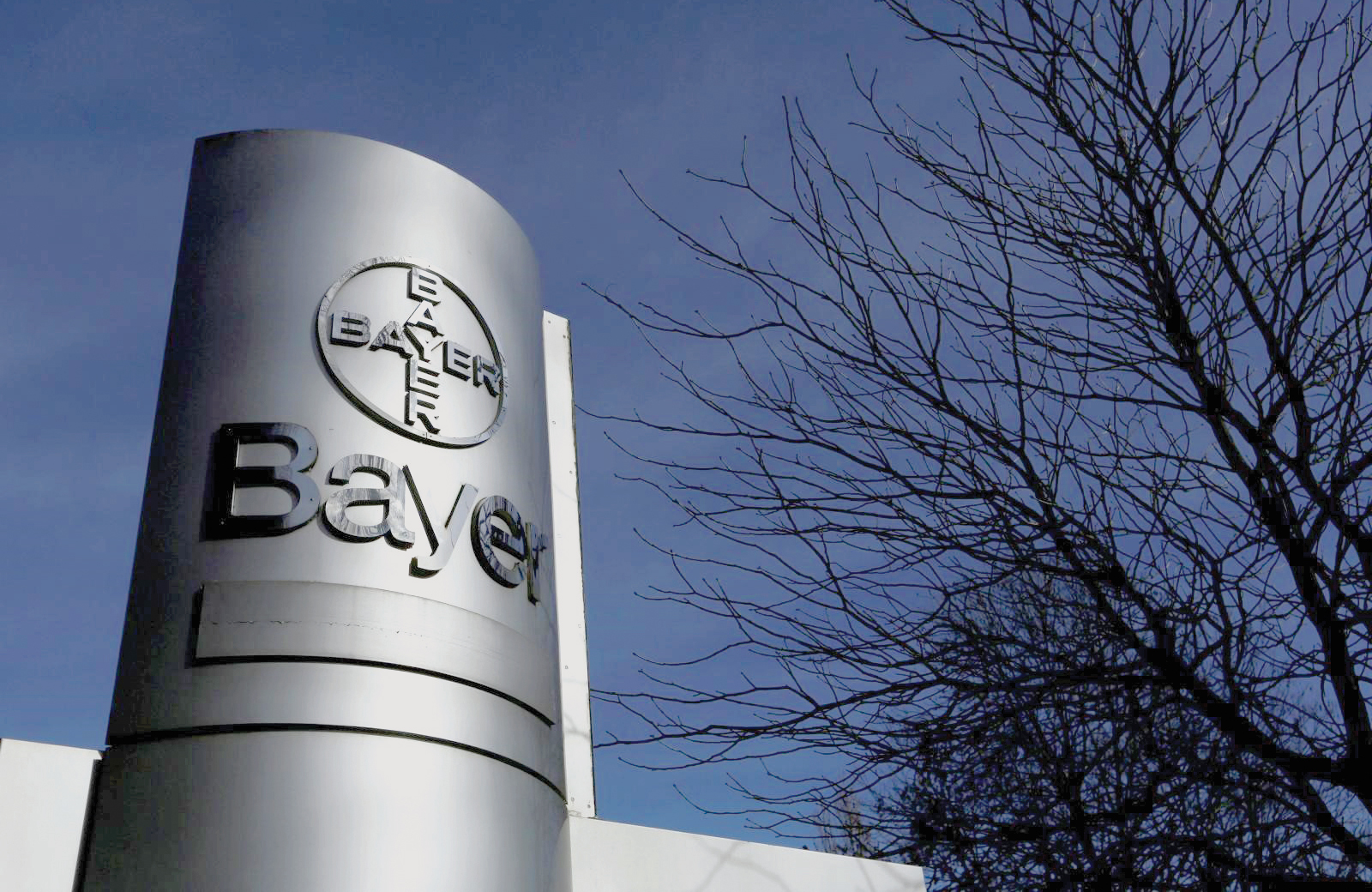

Novartis AG and Bayer AG are among nearly 30 drugmakers that have taken steps to raise the US prices of their medicines in January, ending a self-declared halt to increases made by a pharma industry under pressure from the Trump administration. Other drugmakers set to raise prices at the start of 2019 include Allergan Plc, GlaxoSmithKline Plc, Amgen Inc, AstraZeneca Plc and Biogen Inc, the documents show. The hikes will pose a new challenge to President Donald Trump’s pledge to lower the costs of prescription medications in the world’s most expensive pharmaceutical market.
The US Department of Health and Human Services (HHS) has proposed a slew of policies aimed at lowering prices and passing more of the discounts negotiated by health insurers on to patients. Those measures are not expected to provide relief to consumers in the short-term, however, and fall short of giving government health agencies direct authority to negotiate or regulate drug prices.
Twenty-eight drugmakers filed notifications with California agencies in early November disclosing that they planned to raise prices in 60 days or longer. Under a state law passed last year, companies are required to notify payers in California if they intend to raise the US list price on any drug by more than 16 per cent over a two-year period.
The details were provided in response to a public records request to California Correctional Health Care Services, which provides healthcare services to the state’s corrections department. The department spends more than $3 billion annually on drugs for inmates, more than any other state.
“Requests and public shaming haven’t worked” to lower drug prices, said Michael Rea, chief executive of RX Savings Solutions, which helps health plans and employers seek lower cost prescription medicines. “We expect the number of 2019 increases to be even greater than in past years.”
Pfizer Inc rolled back planned price increases in July after President Trump said in a tweet that the drugmaker “should be ashamed” and that his administration would respond to the hikes.
Pfizer said it would defer hikes until January 2019 to support the administration as it pursued its new pricing policies. Pfizer’s move prompted many of its industry peers, including Bayer, Novartis, Allergan, AstraZeneca and Amgen, to follow suit.
Drug price increases implemented by the 20 biggest drugmakers did slow down during the second half of 2018, with those companies raising prices on just over half the number of drugs as in 2017, according to data compiled by consultancy RX Savings Solutions.
Pfizer has already announced plans to hike prices on 41 of its drugs in mid-January.
The California corrections department documents indicate that the companies plan to increase prices as early as January 1. Most do not detail for which drugs or by how much, but specific details were given in the case of Novartis and Bayer.
Novartis is planning to raise prices on more than 100 indications of over 30 different drugs in January, the documents show, with increases ranging from 4.5 per cent to 9.9 per cent. Drugs on the list are expected to account for more than $20 billion of Novartis’ revenue this year and include multiple sclerosis drug Gilenya, psoriatic arthritis treatment Cosentyx, and leukaemia treatment Tasigna.
The list also includes Diovan, the brand name version of blood pressure treatment valsartan, generic versions of which are currently in shortage after a potential carcinogen was detected in active ingredients made in China, prompting widespread recalls.
Novartis spokesman Eric Althoff said the company plans to raise US list prices on 14 per cent of the medicines it sells in the country in 2019, for an average increase of 4.7 per cent on those drugs.
“Our rebates and discounts, however, continue to grow even faster,” Althoff said. As a result, the company expects a net price decrease of nearly 5 per cent across the whole US portfolio, he said. — Reuters
Michael Erman, Robin Respaut
Oman Observer is now on the WhatsApp channel. Click here



